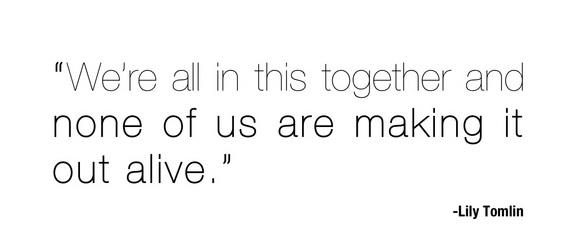Think about a time you've felt stuck. Having hard conversations--sharing--is powerful enough to jar a person free from a stuck place to move into the next segment of life. In rock climbing the crux is the most difficult part of a route, and there may be more than one depending on the route the climber sets out to ascend. Overcoming the crux--the hardest part--literally allows the climber to ascend and continue their climb; to move into the next part. There is even a bit of technique, whereby the climber finds a point of rest before an anticipated crux. Or some arrive at a crux and back off to rest to gather their strength and focus, while others may power through it. I think there is conventional wisdom in this. Different climbers get through cruces differently, and some take more or less time than others, and not all cruces are created equally. Some fall here and return, and some choose to pause here. Some quit here, and some choose to keep working at it. I think there is metaphor here for approaching difficult points in our lives. Especially hard conversations. Ash does a lovely job talking about this subject and makes it clear and doable. Just 20 seconds of courage changes life!
Tally-ho!





 RSS Feed
RSS Feed